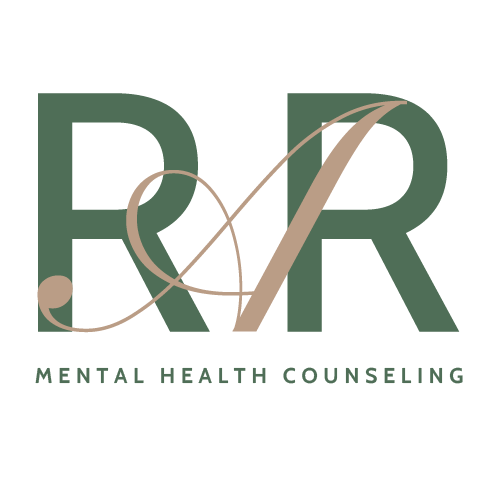Navigating family expectations is a common theme in therapy, especially when these expectations become a source of personal conflict. For many, the desire to fulfill family roles and achieve set standards can lead to stress, anxiety, and a loss of individual identity. This blog delves into how individuals, both adults and teens, can healthily separate from family expectations to establish personal autonomy and improve mental well-being.
Understanding Family Expectations
Family expectations—those silent rules about who we should be and what we should accomplish—play a significant role in shaping our lives. These expectations might involve academic success, career paths, or even personal choices like whom to marry or where to live. While they can provide a sense of direction and purpose, when misaligned with personal desires, they can create considerable emotional turmoil. In therapy, we explore these expectations, distinguishing between those that support personal growth and those that hinder it.
The Impact on Mental Health
The pressure to meet family expectations can be overwhelming, affecting mental health and leading to feelings of inadequacy. When individuals consistently try to meet unrealistic standards, it can result in chronic stress, anxiety, and even depression. This is particularly common in cultures where family roles are rigidly defined, leaving little room for personal exploration. In therapy sessions, clients often express a deep-seated fear of rejection or disappointment from their families, which compounds their distress.
Challenges and Cultural Considerations
One of the biggest challenges in dealing with family expectations is the inherent cultural values attached to them. In many cultures, deviating from family norms is seen not just as personal failure but as a betrayal of family heritage. This cultural backdrop can make it extremely difficult for individuals to assert their needs without feeling isolated or guilty. Moreover, the generational gap often brings differing views and expectations that can lead to conflicts within the family, complicating personal and emotional development.
How to Separate from Unhealthy Family Expectations
Separating from unhealthy family expectations is a delicate process that involves several key steps:
- Self-Reflection: The first step is identifying which expectations are causing stress or unhappiness. This involves introspection and sometimes journaling or verbal reflection in therapy to articulate feelings and thoughts.
- Communication: Having open and honest discussions with family members about your needs and feelings can be daunting but is essential for mutual understanding. Effective communication involves expressing oneself clearly and listening actively to others’ perspectives.
- Setting Boundaries: This critical step ensures that individuals can start asserting control over their lives. Setting boundaries might mean saying no to certain demands, requesting respect for personal choices, or even limiting contact in extreme situations.
- Seeking Professional Support: Engaging in individual therapy can provide a safe space to explore these dynamics. Therapists often employ strategies from various therapeutic modalities to help clients manage and negotiate these expectations.
Therapeutic Insights and Strategies
In therapy, various techniques are utilized to help individuals cope with the pressures of family expectations:
- Cognitive-Behavioral Therapy (CBT) is frequently used to challenge and change the thought patterns that cause anxiety and distress around family expectations.
- Narrative Therapy helps individuals see themselves as separate from their family narrative, allowing them to redefine their identity according to their values and aspirations.
- Family Therapy sessions may also be beneficial, bringing family members together to facilitate understanding and adjustment of expectations through guided discussions.
Overcoming Setbacks
When distancing from family expectations, setbacks such as feelings of guilt, alienation from family members, or internal conflict are common. It is important for therapy to address these feelings, offering strategies to maintain self-esteem and cope with potential fallout from family members. Persistence in this endeavor often results in healthier family dynamics and a stronger sense of self.
Conclusion
Separating from unhealthy family expectations is crucial for personal development and mental health. This journey, often facilitated by therapy, involves recognizing and communicating one’s needs, setting appropriate boundaries, and possibly redefining familial relationships. Although challenging, the process leads to greater autonomy and emotional well-being, enabling individuals to live more authentically and peacefully.

Q&A on Family Expectations
A deep dive, easy to read, review of Navigating Family Expectations: How to Separate and Forge Your Own Path
If you like this content and want to talk to one of our therapists about getting help, please reach out below:


